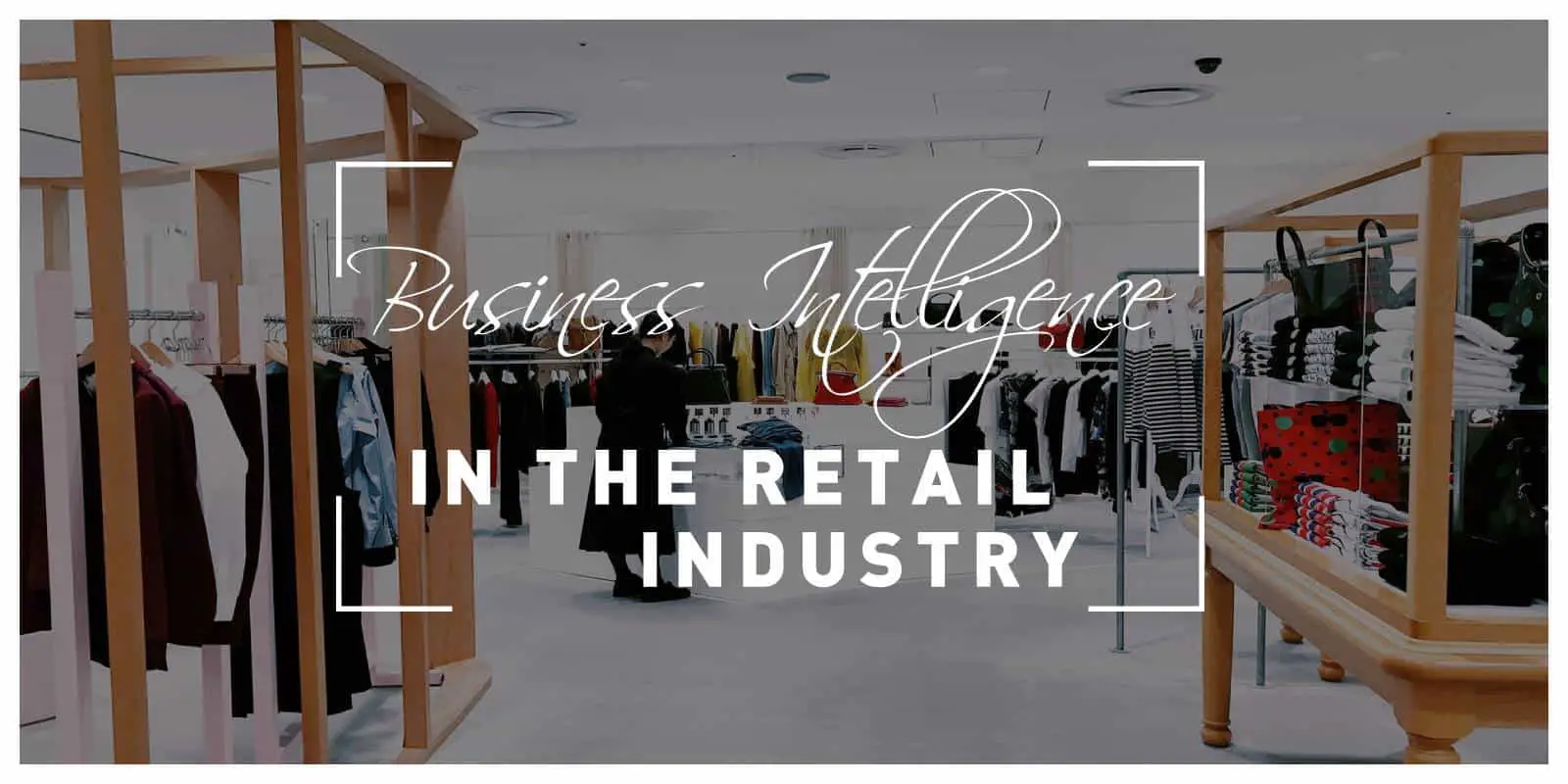According to Statista, the business intelligence and business analytics software market is expected to surpass 17.6 billion dollars in 2024. The retail industry is one of the top industries globally that is data-driven. So, every retailer must know how to use business intelligence tools to estimate inventory needs, understand client behavior and build forecasts.
Without any doubt, there are numerous advantages of business intelligence in the retail industry. You can find out more about the application of the technology in the article on retail business intelligence.
To sum up, retailers use BI to analyze, organize, and review business data from the company. This article will succinctly explain the top advantages of business intelligence in the retail industry.
Top Four Advantages of Business Intelligence in the Retail Industry
1. Improved Customer Experience

Excellent customer service is crucial for any business’s success. There are numerous benefits of excellent customer service. They include helping to retain customers, adding business values, increasing brand loyalty, and decreasing employee turnover.
Nonetheless, providing outstanding customer services can be a bit challenging, particularly if the business has a few employees and a lot of customers. It can be complex for a retailer to engage customers and ensure they are happy while running and managing a profitable business.
Businesses can reduce and solve this challenge and ensure the happiness of their customers by using business intelligence tools to automate customer service the proper way. Automating customer service will provide businesses with the proper data and information to make better-informed decisions.
One related concept to business intelligence is business analytics, which refers to the use of statistical and quantitative methods to analyze data and extract insights to inform business decisions. Business analytics and business intelligence are often used interchangeably, but there is a subtle difference between the two. While business intelligence mainly focuses on historical data and reporting, business analytics involves a more forward-looking approach, utilizing predictive modeling and data mining techniques to anticipate future trends and behaviors. For instance, one top application of business intelligence and business analytics in the retail industry includes customer analytics. This helps businesses understand their customers’ needs, identify avenues for improvement, and meet their customers’ expectations. Marketers can also use these analytics to build a customer journey map driven by data by helping customers better understand how they can interact with products, businesses, and websites.
2. Optimized Inventory Management
Inventory management is fundamental to every successful and functioning business. It includes all stock handling-related activities such as sourcing finished goods and inventory and storing and selling them. Every stock-holding retail organization faces numerous inventory issues.
These include managing inventory, inefficient tracking, and overstocking problems. However, investing in a data and retail BI analytics solution can significantly help inventory management. It will also tackle a high percentage of challenges retailers face with stocks. When a business intelligence tool is in place, retailers can reduce inventory costs, sustain optimal stock levels and enhance order processing and management.
Retailers can use BI to categorize their merchandise through Selective Inventory Control (SIC), widely known as ABC analysis. Retailers can use this approach to significantly identify the products that impact inventory costs. It classifies the inventory into three places: A, B, and C. A, is the most beneficial, and C is the least important. Businesses can use BI tools to forecast overstocking situations before they become issues. Additionally, incorporating Llumin CMMS can streamline inventory tracking and maintenance, further enhancing overall efficiency and cost-effectiveness.
3. Enhanced Business Operations

The integration of the retail industry and business intelligence offers numerous benefits. And at the top is enhanced business operations. Retailers can use BI tools to have more control over their business operations. BI tools help retailers monitor and keep track of everything happening in their organizations.
This allows them to make necessary corrections if any error happens. For example, a retailer can use BI tools to tackle late deliveries and why they happen. Access to this type of information can significantly help retailers to enhance their business operations.
4. Optimize Floor Plans and Product Placement
Creating a floor plan that is beneficial for sales is one of the most reliable sales drivers for retailers. Retailers understand that their floor space is small, and they need to maximize returns per square foot to have profits.
Instead of guessing, BI help to get retailers’ floor plan right. Retailers can use insights from BI tools to identify where their clients are spending other time in their organizations. They can do this by tracking and monitoring dwell time.
They can also use these insights to recognize the products that are not getting much attention from customers. This retail BI analytics helps retailers create a floor plan that will drive better traffic in the right direction and develop displays and sales that will promote slow-moving products.
Final Thoughts
The retail industry isn’t going anywhere anytime soon. It’s constantly evolving. It’s also leveraging techniques and tools that have helped eCommerce. Retailers can use BI to make the retail experience data-driven, personalized, customer-friendly, and engaging.
The highlighted are a few of the numerous advantages of business intelligence in the retail industry. You can read this article to understand why you need a retail soft development service and how it can help your business!

